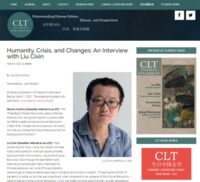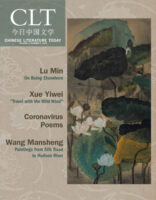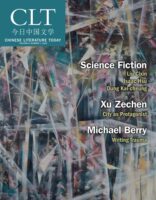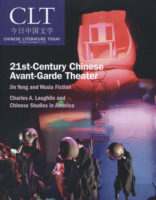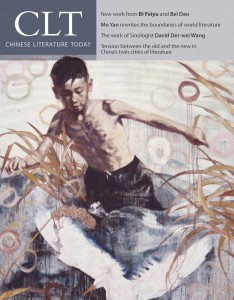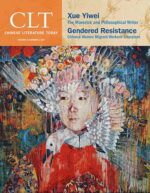
Xue Yiwei is the featured author in the newest issue of Chinese Literature Today, published by the University of Oklahoma, which includes an interview by Lin Gang translated by Stephen Nashef and half a dozen works in translation. Also included in this issue is the special section, “Chinese Women Migrant Worker’s Literature,” with works such as “Caring for the Small: Gendered Resistance and Solidarity
through Chinese Domestic Workers’ Writings” by Hui Faye Xiao, “Gender, Class, and Capital: Female Migrant Workers’ Writing in Postsocialist China and Zheng Xiaoqiong’s Poetry” by Haomin Gong, “‘In the Roar of the Machines’: Zheng Xiaoqiong’s Poetry of Witness and Resistance” by Eleanor Goodman and more. “Women Migrant Worker’s Poems: A Collection translated by Tammy Lai-Ming Ho” is also featured in this tremendous volume.

